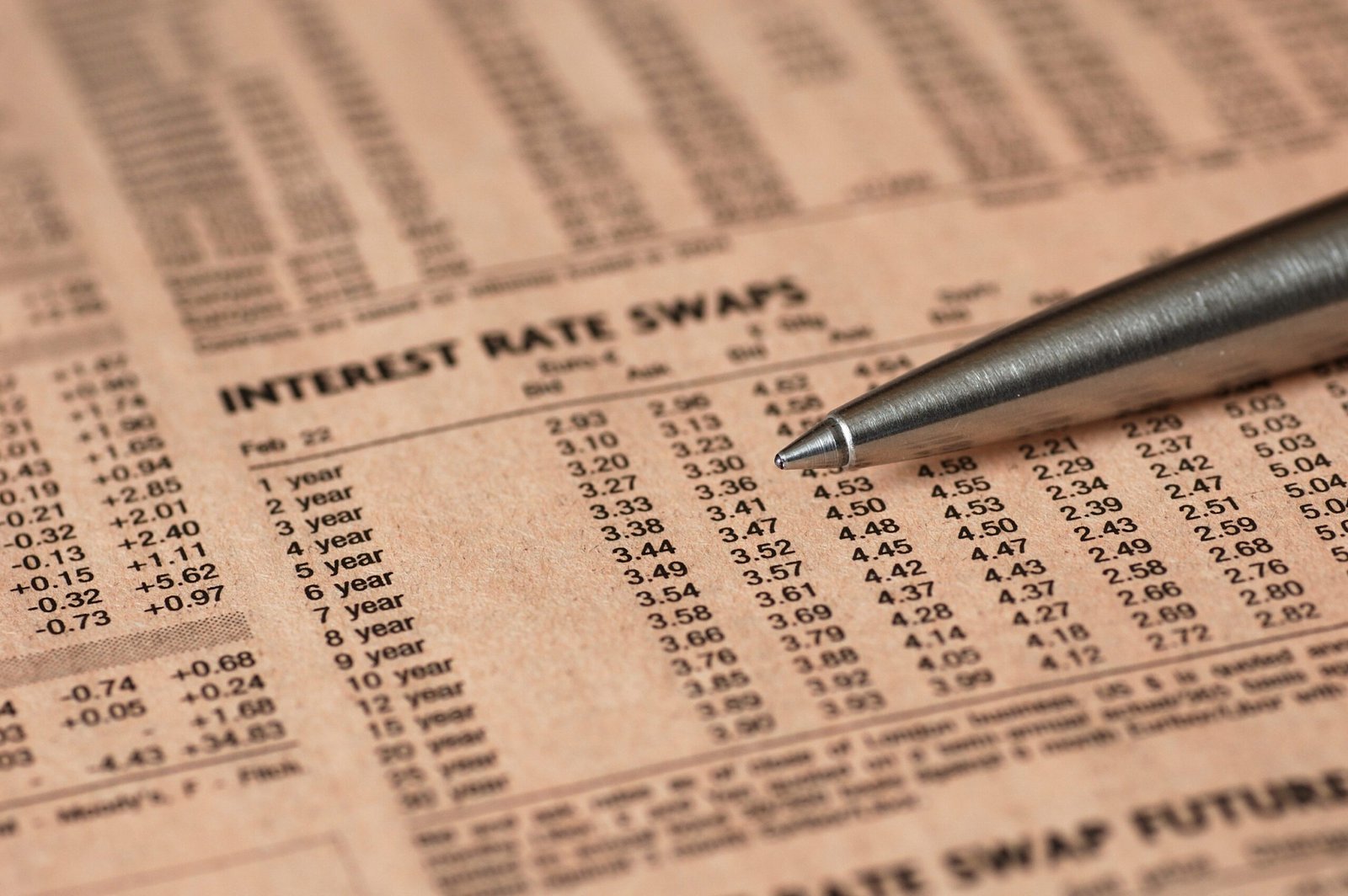There’s always talk about swap rates in the current volatile climate, but what are swap rates and how do they affect your mortgage rate options? If you are a contractor looking to buy a property or remortgage in the coming months swap rates directly impact the interest rate you will be offered.
There are many factors that affect interest rates, one of which is his SONIA (Sterling Overnight Index Average) swap rate. In the UK, SONIA swap rates play a key role in determining mortgage interest rates for many borrowers. Today we’ll take a look at what they actually are and what role they play.
What is an interest rate swap?
An interest rate swap is a contractual arrangement between two parties. In this contract, you agree to exchange one set of interest payments for another set of interest payments over a period of time.
What is the SONIA swap rate?
SONIA replaced the London Interbank Offered Rate (LIBOR) as the main interest rate benchmark for the pound market in 2021. When it comes to mortgage rates, lenders use swap rates to protect against interest rate risk and allow you to hedge risk by setting margins. A ‘lock-in’ allows lenders to maintain their margins even if funding costs rise, for example, due to a rise in base interest rates. The term is 1 year, 2 years, 3 years, 5 years, 7 years, 10 years, 15 years, or 30 years. Not all banks choose to hedge through interest rate swaps, and some may naturally choose to hedge through savings bonds.
Swap rates reflect market expectations about the future direction of central bank interest rates. These are based on assumptions about the expected interest rates over the life of the swap rate. These assumptions take into account factors such as inflation, food prices, fuel prices, and the general economy, all of which are factored into the forecast. This is also the interest rate at which lenders use funds to meet their own supply and demand when pricing loans.
2 year UK swap rate – The two-year swap rate is the average expected interest rate for the next two years.
5 year UK swap rate – The five-year swap rate is the average expected interest rate over the next five years.
Why are swap rates so volatile right now?
Swaps are affected by many factors, including numerous base rate hikes, inflation data, market uncertainty and sentiment, and the Ukraine war, to name a few. Swap rate volatility has remained constant since the Bank of England raised its benchmark interest rate. This swap movement became particularly volatile after the September 2022 mini-budget, where swaps increased significantly in a very short period of time.
How do swap rates affect mortgage rates?
Swap rates only affect fixed-rate mortgages. The higher the swap rate, the higher the mortgage interest rate before taking risk and borrowing appetite into account. Lenders often consider swaps to be a funding cost, so a margin must be added.
Rapid fluctuations in swaps can make it difficult for lenders to properly price their products. For this reason, we have seen many lenders temporarily exit products during periods of high swap rate volatility as lenders monitor the market and agree to reprice.
Some lenders may also temporarily withdraw from mortgage products if they offer rates that are too competitive compared to their competitors after swap rates rise. If prices are not raised, applications may become overwhelming and the lender may unable to meet demand. Contrary to media reports, discontinuing mortgage products is not as scary as you might think. The important point here is that mortgage lenders are still willing to lend enough money to make this possible, and although base interest rates are at their highest levels since October 2008, this is the same as in 2008. This is not a repeat of the situation.
What other factors affect mortgage rates?
While swap rates serve as a reference point, it’s important to note that lenders also consider other factors when setting mortgage rates. These factors include the Bank of England’s benchmark interest rate, internal lending targets, service levels, competitive pricing and many other factors. Tracker rates are directly linked to the Bank of England’s base rate, so increases in the base rate will have a direct impact.
As the name suggests, your monthly payments on a fixed-rate mortgage remain the same. It is not affected by changes in the base interest rate during the fixed rate period.
Swap rates and mortgages UK swap rates play a key role in determining mortgage interest rates. Understanding swap rates and how they affect mortgage rates can help you navigate the mortgage market more effectively and make informed decisions. We understand that mortgage pricing is not that simple and can be very difficult to figure out.
If you have any questions about mortgage pricing or how financial markets affect your mortgage, we’re here to help. We continue to monitor the mortgage market and broader financial markets to determine whether any changes may impact our clients. If you’re due to refinance your mortgage within the next six months, My Contractor Broker can help you secure a mortgage offer now and lock in your mortgage rate, giving you peace of mind in the event of further interest rate increases. This gives us the flexibility to continue to monitor interest rate developments if conditions change.


